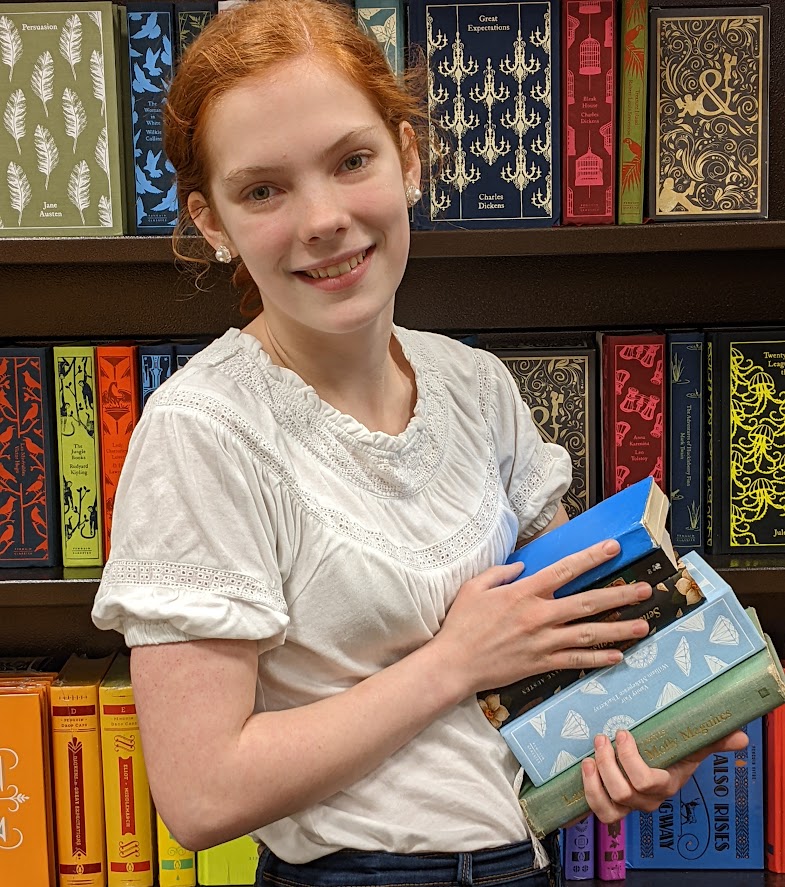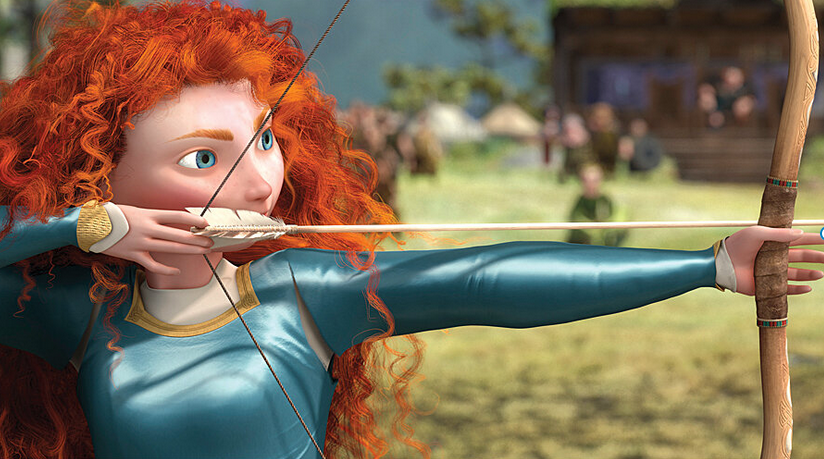Vindication is not only an action, but a very strong emotion. For decades, screenwriters and authors have utilized this tool to pull in their viewers (or readers) and encourage them to cheer for their protagonists. We hear story after story of a brave hero who’s misunderstood and underestimated by his world or society, and only after being true to himself and defeating the enemy does the world realize how right he’s been and how wrong they were.
It’s true that this can be very satisfying. It’s something we can connect to because we’ve all been misunderstood at one point or another. Having a brave, right character face a world of mean, wrong people courageously seems heroic and relatable.
But after decades of hearing these stories over and over again (The Little Mermaid, Turning Red, Harry Potter, etc.) it seems as though writers are beginning to grow sloppy. Not enough writers are willing to take the enormous risk of writing about a character who is wrong about the world and mistaken in his views.
Here to break the stereotype is Merida from Brave: The Character Who Was Wrong, the only Pixar Princess, and the case study for today’s article.
Brave
Brave is centered on four rival Scottish clans in the middle ages. They set Fergus, Merida’s father, as king, but the temporary peace that the monarchy has granted Scotland is fragile. The men from the respective clans are used to warring, and it doesn’t take much to set them against each other again.
Into this scene steps Merida’s mother and Fergus’s wife, Elinor. She is everything one could desire in a queen, and possibly the only thing keeping the monarchy from shattering. She is cool and collected, patient enough to prevent a war between the clans and also wise enough to know when to threaten them. The only person she can’t seem to keep under control is her headstrong daughter, Merida.
Merida only wants to be free. She hates the lessons her mother puts on her and the court rules she is required to follow. She loves the wild, rugged wilderness surrounding their castle and, if she had her way, would spend every day exploring it and practicing archery.
But unfortunately for her, her own way was not what her mother had in mind.
When, at the age of sixteen, Merida discovers her mother’s plans to have her marry one of the sons of the three lords, Merida is both crushed and outraged. Desperate to escape, she hires a witch to give her an enchanted cake with the promise that it will “change her fate.” Little did she expect her mother to wake up in the form of a bear.
To protect her mother and prevent the chaos that would ensue from discovering a member of the royal family was cursed, Merida and Elinor flee the castle to track down the witch and reverse the spell.
But meanwhile, the situation within the castle is growing dire. Without her mother to keep the peace, the castle turns into a battle ground. Since Merida has publicly voiced her unwillingness to marry and the betrothal ceremony has not moved forward for several days, the lords are becoming restless and demanding. Fergus tries desperately to keep the lords from turning against each other, but to no avail.
Just a few hours after Merida and her mother flee the castle, a drawn-out feast ends in a stale-mate brawl, with members of the separate clans screaming accusations and hurling things at each other from behind barricades.
Merida knows they must intervene.
So she crosses the hall full of warring tribesmen, who gradually fall silent, shocked to see her so calm. Then she faces the room full of angry men — and apologizes.
She admits that she has been selfish, and that her selfishness nearly ended the monarchy with a bloody war. She faces the fact that her own personal freedom is not worth the countless lives a civil war would cost them. She asks them to make peace again, reminding them of their legendary past, when they rallied together under the threat of invasion to crown her father king and charge into battle against their enemies, united.
This is not the same Merida as the girl who humiliated her mother and hired a witch to curse her. Merida has learned much since the opening of the movie, and one of those lessons has been humility. She finally sees that her actions nearly plunged her kingdom into civil war, and that her own personal freedom, no matter how precious, should not be won through the blood of others. She has also learned the patience that her mother failed to teach her through countless lessons on court etiquette. She has united and inspired a room full of men who had been at each other’s throats just seconds ago, just as her mother would have done.
In that moment, she becomes both everything her mother wanted her to be — patient, humble, and a peacemaker — while also staying true to her values. She’s still as strong and free as she was in the beginning of the story. But her adventures have taught her to be willing to use that strength to bring peace, rather than war, and that freedom for the benefit of others, rather than only herself.
When her mother sees this — and how much her daughter has matured — she ends the betrothal ceremony and declares that each of the clan’s leaders should let their children marry for love, rather than for political or traditional reasons. Her mother has changed, as well. But she couldn’t have understood Merida if Merida hadn’t been willing to do the incredibly hard and brave thing of humbling herself and letting her guard down. Both characters were wrong and have been humbled — and both are far better because of it.
Why Have A Character Who Is Wrong?
In short, good characters are often wrong because good people are often wrong. By taking the risk of making a character wrong, you form a bond between that character and your reader. They instantly become more relatable. No one relates to a Mary Sue who overcomes difficulties with minimal effort and never makes any mistakes along the way. But characters like Merida, who value good things so much that it blinds them to what it could cost others, are immensely relatable. We all relate Merida’s thirst for freedom and frustration with expectations and requirements put on her. Yet we also come to recognize, as she does, that our own freedoms are not worth the lives of innocent people.
Writing a character who makes flawed decisions is risky. As authors, we risk losing readers who fail to sympathize with the character’s mistakes or refuse to forgive them for past faults. But it is far better than the alternative. Our protagonists are flawed, striving to protect what is good and even become a part of it, although they often struggle with failure and mistakes. They aren’t perfect or all powerful. They struggle with both the evil they see in their world and the evil they see within themselves. Yet that struggle makes them human. And beyond that, that struggle makes them good.



Do you find characters who make tons of mistakes more relatable? What character do you think is the most relatable you’ve read/watched about? How many mistakes did he make? And how was the article? Too sweet? Too sour? Just right? Comment below and let us know!


Hi! My name is Mara, and I’m a Christian artist, violinist, and blogger. I remember the day that I decided that I would learn something new about what makes a good story from every book I picked up — whether it was good, bad, or a mixture of both. I use this blog as a way of sharing some of the tips and tricks I’ve learned, and highlight which books, cartoons, and movies have taught me the most about writing an awesome story.


This was awesome! Thanks!!
I enjoyed reading this article! It reminds me of your article that uses Cinderella as an example of how to write a flawless protagonist but still make them relatable. I fully agree that flawed characters can be a lot more relatable – some examples I can think of are Picket, from The Green Ember books, Janner from the Wingfeather Saga, Boromir from The Lord of the Rings, even Edmund from The Chronicles of Narnia.
Yay! I think this is the second article I wrote for the blog, so it’s good to hear it still holds up. I loved all the characters you mentioned, and they definitely wouldn’t be the same without their flaws. 🙂